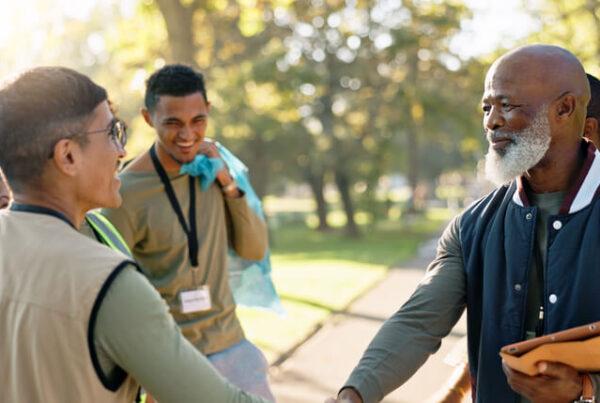
Community Service Worker training is essential for anyone pursuing a career in this field, and effective report writing is crucial. Whether documenting intake interviews, daily logs, case notes, or incident reports, precise and clear communication can greatly impact the quality of client care.
At the Academy of Learning Career College, our comprehensive Community Service Worker training equips students with technical knowledge and the ability to master objective, professional report writing. Below are three essential tips to help you excel in report writing after completing your CSW training.
1. Maintain Objectivity and Avoid Jargon
A key part of report writing is maintaining an objective tone. Community service and addiction workers often deal with sensitive and personal issues, making it essential to present information factually without inserting personal opinions, emotions, or biases.
When writing reports, always focus on observable facts and behaviors rather than subjective interpretations.
For example, instead of stating, “The client seems upset,” write, “The client reported feeling upset and had tears in their eyes.” This subtle shift allows you to maintain objectivity and ensure that the report is clear to others who may not have been present during the event.
In addition, avoid using jargon, slang, or clichés in your reports. These can lead to misunderstandings, especially in multi-audience reports shared with colleagues, supervisors, and external agencies. Precision and clarity are key, as reports should be easily understood by anyone who reads them, regardless of their familiarity with your specific role or terminology.

As per Community Service Worker training, maintaining an objective tone in report writing is key
2. Use the Appropriate Format for Each Report
During your Community Service Worker training, you’ll learn that various reports serve different purposes and, as a result, have different formats. Whether you’re writing intake interview reports, daily logs, progress notes, or incident reports, it’s essential to follow the appropriate structure to ensure clarity and professionalism.
For instance, an intake interview report should include comprehensive details about the client’s background, presenting issues, and immediate needs. At the same time, daily logs and case notes will focus on ongoing interactions and observations. Incident reports require a more focused approach, providing a detailed account of a specific event, including who was involved, what happened, and what steps were taken in response.
Becoming familiar with the correct format for each type of report is crucial in the Community Service and Addictions Worker role. Through hands-on practice during training, you’ll gain experience in properly structuring reports and ensuring they are easy to read and follow, ultimately improving the overall effectiveness of communication within your organization.

Community Service Worker training covers various report formats
3. Prioritize Clarity and Consistency in Writing as a Community Service Worker
Clear and consistent communication is a foundational aspect of report writing, especially as a Community Service Worker. Your reports will be shared with stakeholders, such as case managers, supervisors, and legal representatives, who must understand the information quickly and accurately.
Avoid overly complex sentences and ensure that your writing is easy to follow. Use headings, bullet points, and short paragraphs to break up the text and make the document more readable. It’s also important to be consistent with your use of terminology. For instance, if you refer to a client as a “participant” in one section, ensure you use the same term throughout the report to avoid confusion.
Finally, proper spelling and grammar are critical in maintaining the professionalism of your reports. Proofread each document carefully before submitting it to ensure that no errors or ambiguities are present. With the Academy of Learning Career College’s comprehensive program, you’ll be fully equipped to turn your aspirations of becoming a Community Service Worker into a reality.
Are you ready to make a meaningful impact on your community?
Your career awaits!




